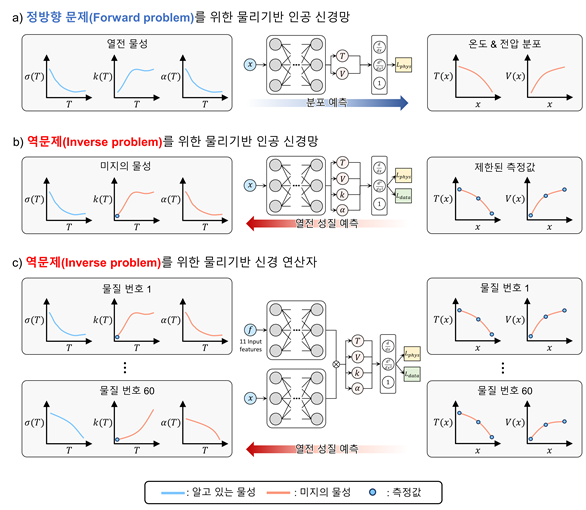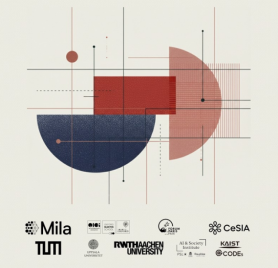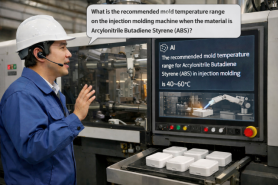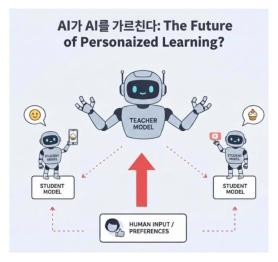
SEOUL, October 03 (AJP) - The Korea Advanced Institute of Science & Technology (KAIST) says it has developed an artificial intelligence that understands the laws of physics, making it possible to discover new materials quickly even with only small amounts of data. The advance could speed up work in energy, aerospace, electronics, and other areas where designing and testing materials normally takes years of costly experiments.
Traditionally, figuring out a material's properties requires vast amounts of experimental data and expensive equipment. KAIST's team, led by Yoo Seung-hwa of the Department of Mechanical Engineering, worked with Im Jae-hyuk of Kyung Hee University and Ryu Byung-ki of the Korea Electrotechnology Research Institute (KERI). Together they used a technique called Physics-Informed Machine Learning (PIML), which teaches AI to follow the same physical rules that govern the real world.
In one study, the researchers worked on hyperelastic materials such as rubber. Using just one experiment, their AI could figure out both how the material stretches and its underlying properties. Normally this would require complex datasets, but their physics-informed neural network (PINN) was able to succeed even when data was limited or noisy.
In another project, the team applied the method to thermoelectric materials, which can turn heat into electricity. With only a few measurements, the AI could estimate key properties like how well the material conducts heat and how efficiently it generates electricity. They also introduced a physics-informed neural operator (PINO), a more advanced model that can make accurate predictions for new materials without retraining. After being trained on 20 materials, the AI correctly predicted the properties of 60 new ones.
"These results show the first real example of AI that understands physical laws being applied to materials research," said Yoo. "It means that even when data is limited, we can still identify material properties in a trustworthy way, and this approach can spread into many areas of engineering."
The first study, co-authored by KAIST doctoral students Moon Hyun-bin and Park Dong-geun, was published on Aug. 13 in Computer Methods in Applied Mechanics and Engineering. The second, co-authored by Moon, Lee Song-ho, and researcher Wabi Demeke, was published on Aug. 22 in npj Computational Materials.
Both projects were supported by the National Research Foundation of Korea and the Ministry of Science and ICT. The first study also received support from the Ministry of Food and Drug Safety.
Copyright ⓒ Aju Press All rights reserved.




